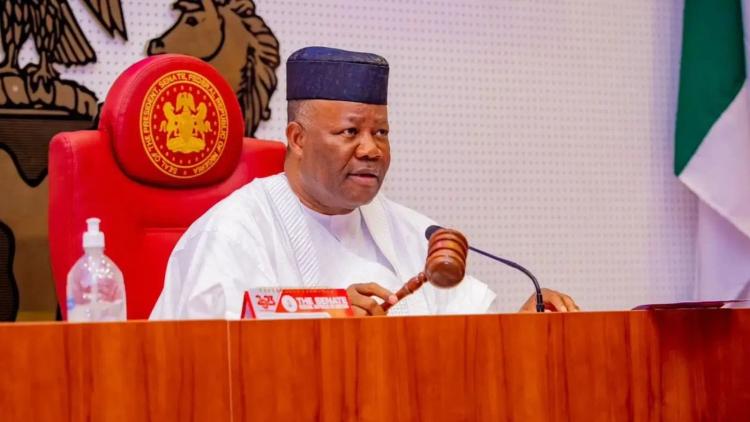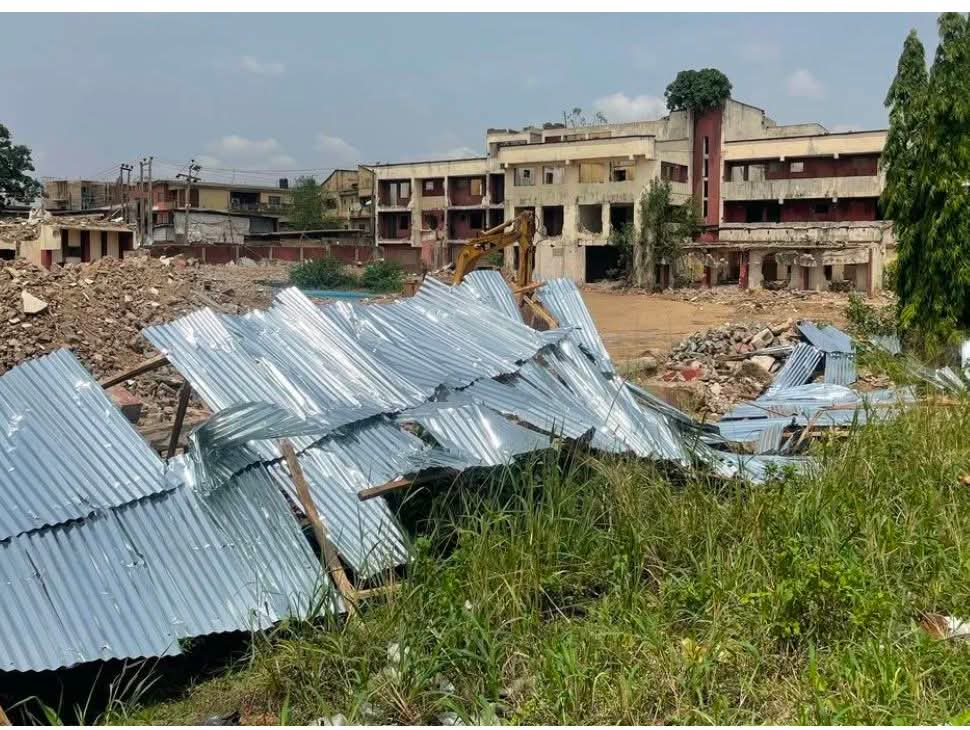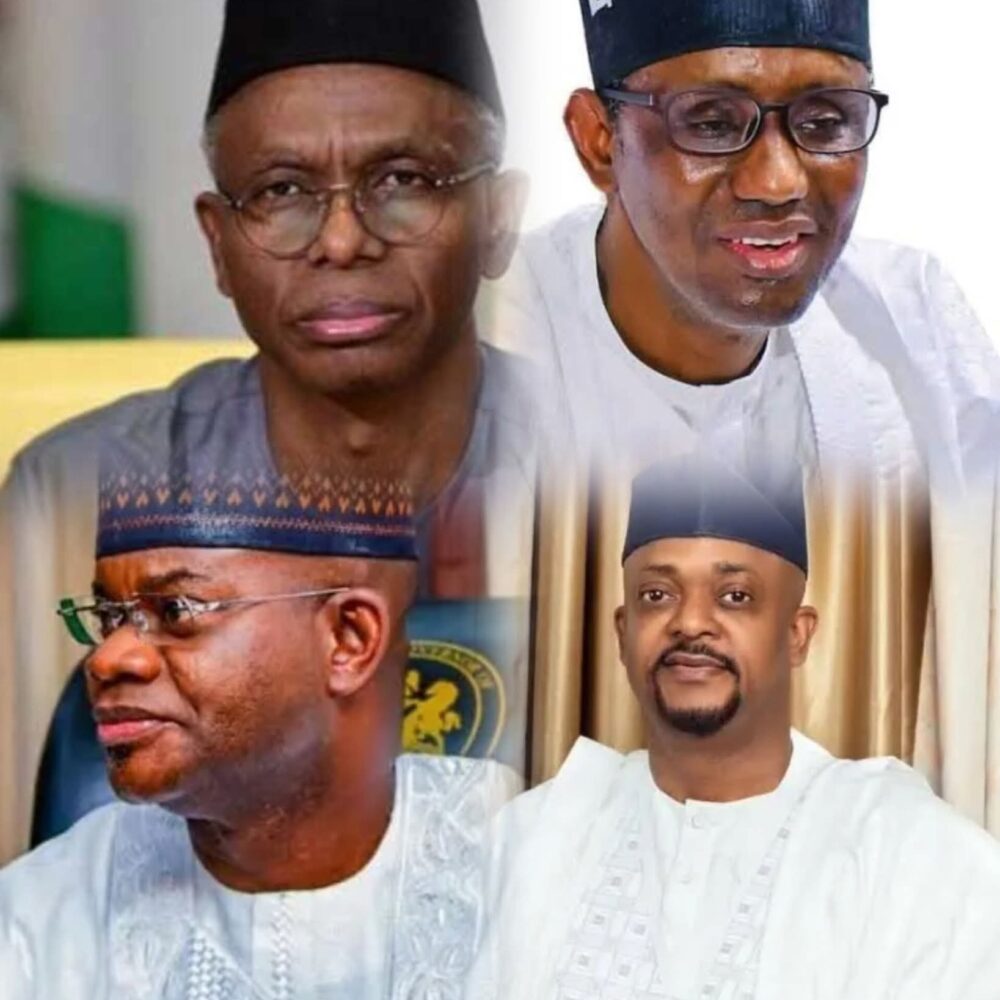Truth and morning become light with time – African proverb Watching
President Muhammadu Buhari deliver an address on the brand new Democracy Day, you will not be alone if you experience a twinge of sympathy for him. The image of a tired-looking and aged President laboriously reading a prepared speech that attempts to capture achievements in five years of leadership at a time much of the nation is looking elsewhere and engrossed in matters far removed from celebrating democracy was sad.
There must have been nuggets of solid achievements somewhere in those scores of paragraphs, but they would have been smothered in foul moods and other contemporary matters, such that beating the drums becomes an unattractive or even a hazardous venture in most parts of the country.
Those who dragged themselves away from other burdening concerns to give him an ear came with a shopping list, and they duly noted what he said that is fiction, what he should have said but did not, and what should not have been said, but was. Time, records and circumstances had combined to make the President’s Democracy Day speech a thoroughly forgettable event, unless you are the type that bears grievances beyond their expiry dates.
First, Nigerians had disagreed with each other so passionately over the change of Democracy Day from 29th of May to 12th of June, that many feel it had lost much of the shine it had garnered for close to 20 years. ADVERTISEMENT Dear our valued reader, we would like to hear your view about a membership club that we plan to launch. Kindly help us fill this survey. A political gamble to court an ambivalent political constituency had alienated another support base and offended traditional opponents who have ready-made criticisms long before Buhari even contemplates any decision.
Then, many elements combined to make it difficult to switch on the celebratory mood.COVID-19 is settling down to the role of the major facilitator of a new normal, particularly at a time when the federal government had handed the population to states, which in turn have handed the fate of citizens to themselves. The outlines of the damage of the pandemic to the economy are being felt around, with dire doom and gloom being let out, more to make excuses for the government than to trigger a momentum to create a less painful transition into a pandemic economy.
Millions of citizens are counting the values of lockdowns and restrictions against permanent losses and setbacks in their livelihoods. People hear of juggled figures that are sold as revised budgets to be funded with huge borrowed deficits, and they wonder what is new in the entire response of the federal government to an unprecedented crisis. There are some answers in hints that government is revisiting questionable advice to lay off thousands of workers, but jumbo pays and privileges of public office holders will remain intact.
A private sector with chronic split identity is feeling its way around contexts that make planning beyond the certainty that recovery will be painful, and long-term recovery difficult to manage. Millions of people whose livelihoods in the informal sector have been severely disrupted or wiped out will move from the marginal to the desperate category. As President Buhari pored over a long speech on the achievements of his administration, rural folks in many parts of the North who had stood by him twice during challenging elections were being slaughtered, robbed, raped and displaced by bandits, rustlers and kidnappers.
There was a paragraph or two on security of citizens and the state, but it is doubtful if villagers in Katsina, Zamfara, Kaduna and Borno had heard him claim near-total victory over Boko Haram, and his firm resolve to eliminate the terrible blight that really came to life under his watch. If they had stopped running away or paused from burying their dead to listen to a man they thought could do no wrong, they were more likely to be even more dismayed.
There were mentions of sympathy for them, but the President’s speechwriters appear to be running out of adjectives to describe what Buhari wants done with bandits, if they are caught. In his home state, youths take their angst to highways, stopping traffic until everyone hears their complaints and invocations to God over what they want done to the President. If bandits paused from celebrating victories over defenceless and undefended villagers to listen to a President with a past that could be summarised by one word, tough, they may have had a hearty laugh at promises to unleash the might of the air force, army and police against them.
All in all, things are not looking up for President Buhari’s leadership and the nation. In one week when it was planned that the nation was to put on its best and dance around a porous democratic system, the mood was deeply mournful and uncertain. Excuses have lost their potency a long time ago, and most Nigerians cannot even remember a Jonathan era marked by bombs and audacity of Boko Haram and loud incompetence in governance. President Buhari of old will flinch at the remotest attempt to compare his records with Jonathan’s.
Now he may not even stir at accusations from northern peasants facing a Buhari-era menace that the Jonathan-era was golden in comparison. Powerful politicians looking for additional angles to beat opponents now understand that President Buhari will not lift presidential fingers to save them or the party from major setbacks. The melodrama in his party being played out in Edo State says a lot to suggest that when he said at his inauguration that he belonged to nobody, and he belongs to all, what he really meant was that no one should bother him with their problems.
These comments are painful, but they are not unfair. The President does not help himself with his preference for insularity, possibly a personal trait that makes him retreat into virtual non-existence when things go wrong, unless photographs are involved, and to leave tired spokesmen and speechwriters fighting way below their weight to assume responsibility for explaining away realities, unwittingly creating the impression that President Buhari really does not to know what is wrong with the country. How else does one make sense of the response of one his spokesmen to the scathing criticism of the Northern Elders Forum over the failure of the president to secure northern rural communities, a response that says more about the people entrusted by the president to help him run the country than critics who are raising voices to new heights? Another spokesman defends the woeful record of the administration by relocating blame on community leaders of victims.
Cultural norms and propriety dictate that we should allow family heads to lead their families, and to allow respectable distances between us and the manner they do this. When you are president, however, this courtesy is difficult to extend, particularly when the management of the household spills into the realm of governance and says a lot about crisis management capacities of the leader. When Patience Jonathan held court in the Villa complete with media coverage to harass government employees from Borno State into telling her whether Chibok girls really were abducted, or someone was trying to make her husband look bad, the nation marked the tragicomedy as a new low.
Even making allowances that First Ladies are difficult to keep at their corners, the public outings of the president’s wife on issues relating to his choice of aides, relationships with extended family and grey areas in public policy represent genuine subjects of study in the manner powerful leaders manage difficult domestic matters, so that they do not become public and attract attention to strengths and weaknesses.
The latest altercation involving his family members and the police, and the decision he took days thereafter to cause for an investigation are a most unflattering testimony to the President’s willingness to nip problems in the bud. There are parallels between managing your home and running a country. There could still be time for President Buhari to turn things around, but he has to use every minute outside his comfort zone to make a difference.
His strongest asset was a huge chunk of the population that had an amazing faith that he could stop rots and change their lives for the better. Those who are close enough, should let him know that those people are walking away from him.





